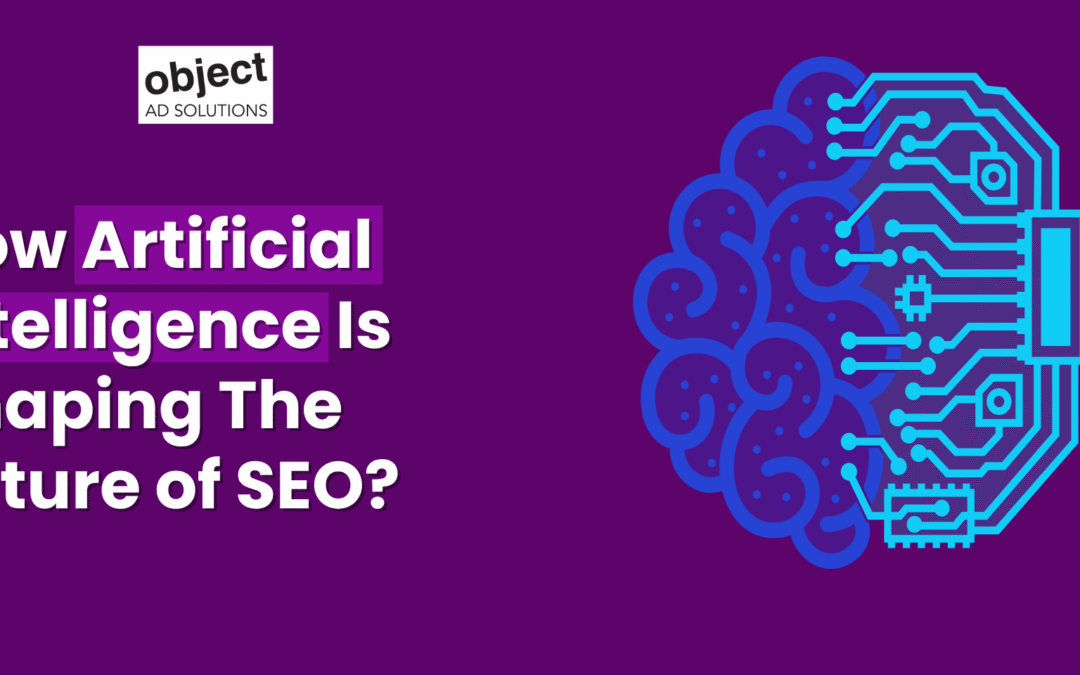Google has become an integral part of life. Instead of books, Google is how people find answers, discover new ideas and engage in online shopping. Searches on Google are being processed every minute, with more than 3 trillion searches being generated annually. However, with the advent of Artificial Intelligence (AI), the future of Search Engine Optimisation (SEO) is being reshaped.
For the last few years, you must be tired of hearing, SEO is dead. There has been significant uncertainty about AI’s impact on SEO. The question that arises: Will SEO exist in the next 5 to 10 years?
The answer lies in understanding how AI is currently being integrated into different SEO practices. AI-driven SEO can identify current and emerging search trends, helping digital marketing businesses stay ahead of the competition. Specialists in SEO in Sussex are focusing on integrating AI into SEO strategies to reshape the digital marketing landscape.
Artificial intelligence is a part of SEO
Thanks to Google algorithms, AI is an important part of SEO. In 2019, BERT was introduced, utilising machine learning to understand user intent when keywords were typed into the search engine, and then, based on this, Google offered relevant search results.
Even the 2021 MUM algorithm, the compelling AI model operated at the core of Google’s search engine. MUM was 1,000 times better than BERT, according to Google, and could handle multi-faceted, complex queries to distinguish data from multimedia such as graphics. AI is not a threat; it has always been part of Google. But now that it’s more accessible, it’s time for SEO to adapt to the new landscape and play by the rules of the game.
Competition is still there: SEO is still relevant
Gone are the days when users would land on your website directly from Google. Having a website isn’t enough. You need to invest in SEO or AISO (Artificial Intelligence Search Optimisation). Thus, SEO specialists are revolutionising AI tools to enhance and automate SEO tasks, providing actionable insights that boost visibility and search engine rankings.
Without integrating AI into SEO, it can get pretty challenging to beat the competition, and building online visibility becomes harder, especially in today’s competitive landscape, where every brand is trying new things to stay ahead of the others.
Also read: AEO vs SEO – What are the Differences between Both and How to Succeed with Both Strategies?
Google is still dominating local SEO
If you are interested in local SEO for your business, then Google is still the best place to connect with your customers online. Yes, AI is receiving multiple queries every day, but local search is still dominated by Google.
For example, when a man wants to take his family to a good nearby restaurant, is looking for a pet store nearby, or is looking for a car repair shop for immediate repairs, he would use Google Maps rather than ask an AI to give him a list. This means looking into your Google My Business listing to rank better and using the right set of keywords so your customers can find you easily.
AI Needs SEO
Ads on Google and other Meta Platforms will disappear when you stop paying. So, SEO is the long-term game, and combined with AISO and a good strategy, one can achieve quality organic growth. Moreover, AI creates its responses by looking for information on existing websites. AI models generate content based on what’s published online. If you are not into SEO and don’t have optimised content, AI will not include your website’s results. So, if you are ignoring SEO for AI, then it’s a mistake.
For local advertising, SEO and marketing solutions, contact Object Ad Solutions. Object Ad Solutions offers a professional service at affordable prices with monthly progress reports and guaranteed results.


Recent Comments